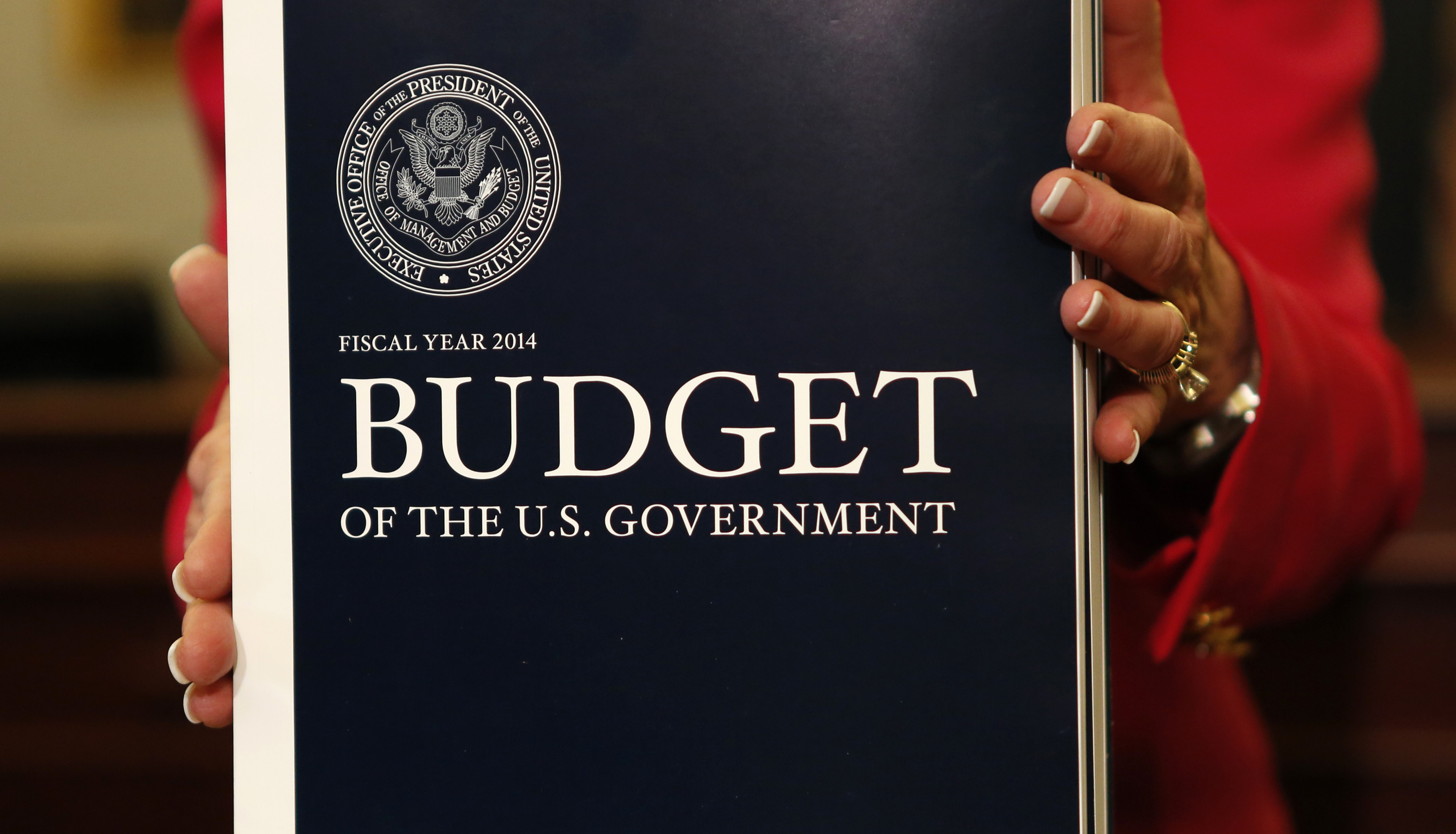
The Banker: How Bush ruined a decade’s good work The government debt held by the public has gone up from around35% of GNP at the end of fiscal year 2000 to around 40% of GNP projected at the end of fiscal year 2004. Thus, within four short years, the budget swing is around $700bn a year, or 7% of GNP – from a surplus of $236bn in fiscal year 2000 to a deficit of $480bn in fiscal year 2004 as projected by the Congressional Budget Office (CBO). In fact, of course, their costs are very real, but the bills have simply been pushed to the future via rising public debt. The message has relentlessly been pure populism – that the tax cuts, the war in Iraq, the prescription drugs and the new mission to The Moon and Mars are all free. He continued to press for, and achieve, further rounds of tax cuts despite three huge subsequent shocks: the end of the stock market bubble, which led to much lower tax collections than expected as of January 2001 the post-September 11 surge of more than 1% of GNP in military, security, and Iraqi reconstruction outlays and a string of new spending initiatives for education, prescription drug coverage, and in the coming years for space exploration.Īs a result of both the legislative and economic shocks, federal tax revenues have declined from a little above 20% of GNP when Bush entered office, to a little above 16% of GNP projected for fiscal year 2004.Īs a president elected by less than half the voters in 2000, with a radical foreign policy and an expensive tax-cut policy directed at the rich, Bush has studiously avoided asking for any financial sacrifice from the voters. Still, Bush proceeded to grab the surplus, and much more, to justify tax cuts directed overwhelmingly at the top 20% of the taxpayers.

The appearance of fiscal health was a bit of fiction, because already the long-term projections of the main entitlements programmes for health and pensions showed a massive uncovered liability of tens of trillions of dollars in future decades. Bush inherited a modest budget surplus, of 2.4% of GNP in fiscal year 2000 and 1.3% of GNP in fiscal year 2001. The fiscal realities are clear, even if the political projections are not. Will voters repudiate Bush’s irresponsibility this autumn? Will Bush be forced to reverse himselfin a second term? Or will the US suffer a long bout of political strife and economic malaise as long-term budget constraints catch up with a political system that is wedded to fiscal fantasies?

President George W Bush has run the most reckless fiscal policy in the history of the US – so reckless that we can be sure that the policies will be reversed. Jeffrey D Sachs, director of the Earth Institute at Columbia University, predicts a U-turn on tax cuts as George W Bush’s fiscal policy goes belly-up.


 0 kommentar(er)
0 kommentar(er)
